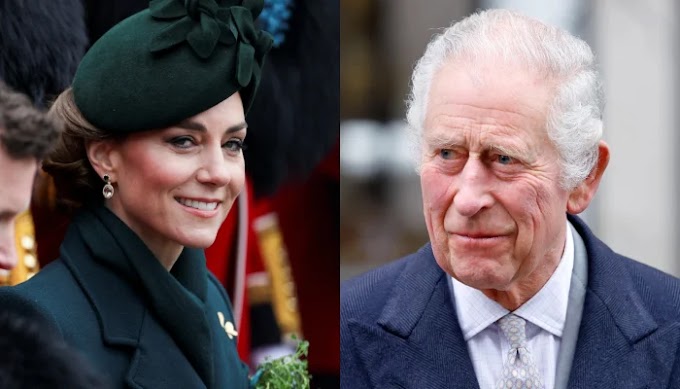Bedera agreed with this notion, explaining, "We all claim to oppose sexual violence and pledge to support survivors until the perpetrator is someone we know and like. People don't want to feel like they're supporting a 'bad person' if they continue to enjoy movies like 'Pirates Of The Caribbean.'"
During the trial, Johnny Depp has accused Amber Heard of assaulting him and claimed to be a victim of domestic violence as well. This has prompted men's rights groups to rally around him.
Bedera elaborated on the societal expectation that victims conform to a specific mold, often referred to as the "perfect victim trope." In cases like this, perpetrators may employ tactics like "DARVO," which stands for deny, attack, and reverse victim and offender. This pattern can be seen in Depp's denial of Amber Heard's account of the events, while admitting to violence, asserting that she provoked him.
Bedera expressed concern about the potential impact of this trial on victims of intimate partner violence and their willingness to come forward. She noted that Depp's legal team is suggesting that a woman publicly identifying as a survivor could constitute defamation, a notion that poses risks for accusers who lack the high profile of Depp and Heard.
In terms of Depp's reputation in Hollywood, his former agent testified that studios were becoming less inclined to collaborate with him due to his perceived unprofessional behavior and rumored substance abuse.
As the trial unfolds, the broader question revolves around determining the consequences for intimate partner violence in our post-#MeToo era. Both Depp and Heard acknowledge violence in their relationship, and the public debate centers on whether there should be repercussions for these actions.












